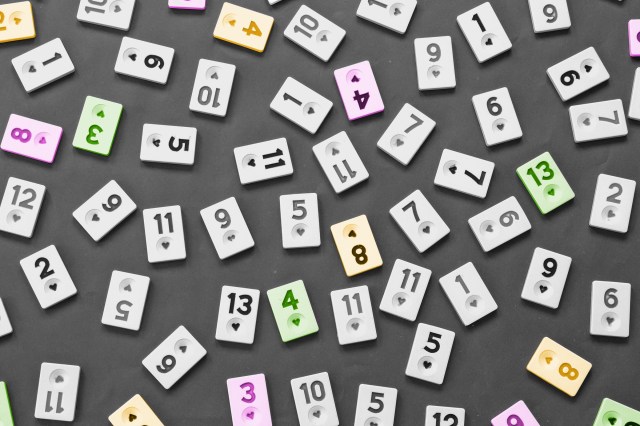
The Number 3
The number three holds special significance across many cultures around the world, typically representing positive outcomes such as luck, balance, or divine perfection. But why three? There are several different explanations, from the ancient belief in the geometrical balance of triangles to the religious concept of the Holy Trinity.
In Christian doctrine, the trinity is the unity of Father, Son, and Holy Spirit as three divine persons. The number is also found in other world religions. In Hinduism, for example, the Trimurti refers to the triad of deities Brahma, Vishnu, and Shiva. In Kabbalah, the Supernal Triad refers to the top three sefirot, or spheres of emanation, on the Tree of Life.
Apart from geometry and religion, it seems humans have a psychological affinity for the number three — possibly because it’s the smallest number required to create a pattern. For all these reasons, things often seem to come in trios in popular culture: three wishes, three little pigs, three bears, and “third time’s a charm.”

The Number 4
In Western cultures, the number four has a reputation for practicality and order. There are the four elements (earth, air, fire, and water), four seasons, four points of the compass, and four phases of the moon. It’s a solid number but not generally considered either lucky or unlucky.
In parts of Asia, however, the story is very different. Tetraphobia — the fear or avoidance of the number four — is a superstition prevalent in East Asian countries including China, Vietnam, Japan, Korea, and Taiwan. In those countries, the number four has a phonetic similarity — and is sometimes identical to — the word for “death.”
That linguistic coincidence has created such strong superstitions that many East Asian buildings omit fourth floors, hospitals avoid rooms numbered four, and gift-giving involving four items is considered inappropriate. The fear of four is taken even more seriously than the unlucky number 13 in Western cultures; for anyone doing business in Asia, tetraphobia is a genuine concern that needs to be considered and respected.
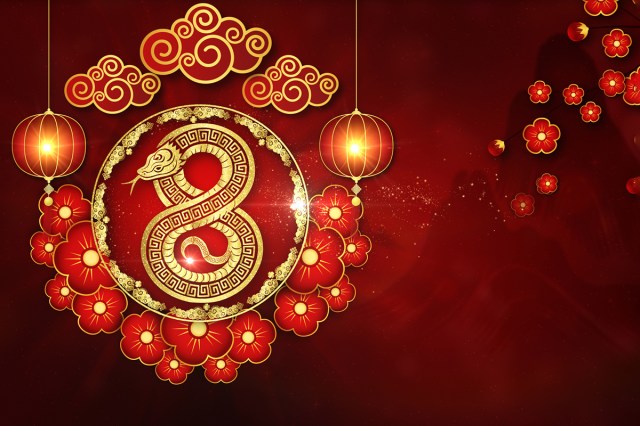
The Number 8
In China, the antidote to the noxious number four is the lucky number eight. In Mandarin Chinese, the pronunciation of number eight (bā) sounds very similar to a word meaning “wealth” or “prosperity” (fā).
That phonetic connection has made eight the luckiest and most coveted number in Chinese society, influencing everything from business decisions to architecture and major life events. It’s no coincidence that the opening ceremony for the 2008 Beijing Olympics began at precisely 8:08:08 p.m. on 8/8/08.
More Interesting Reads
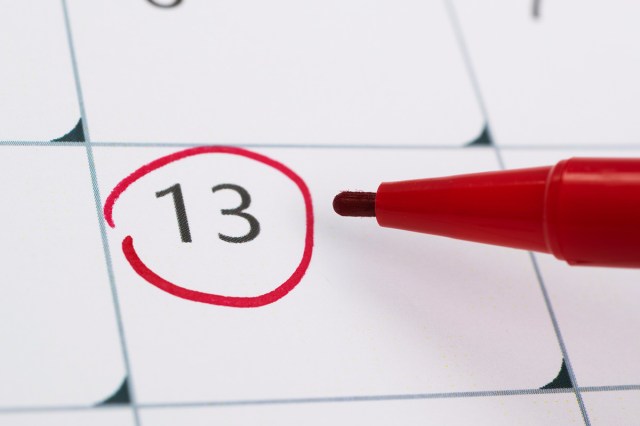
The Number 13
You’re probably aware that 13 is the most famous unlucky number in Western culture. Fear of the number — known as triskaidekaphobia — is commonplace across Europe and the Americas, where some office buildings skip the 13th floor, airlines often omit row 13, and some people even avoid scheduling activities on the 13th day of the month (particularly Friday the 13th).
The origin of 13’s unlucky reputation is still debated, but two theories tend to prevail. Christian tradition points to the Last Supper, where 13 people were present before Jesus’ crucifixion — with the traitorous Judas Iscariot the 13th to be seated. Norse mythology, meanwhile, tells of a dinner party of 12 gods disrupted by the trickster Loki —the 13th guest — leading to the death of Balder, the god of light, beauty, and goodness.
Interestingly, 13 is sometimes considered lucky in Italy, contrary to most Western cultures. This is due to the number’s association with the once-popular Italian soccer betting game, Totocalcio, in which players tried to predict the outcomes of 13 soccer matches to win big prizes.
From this game came the Italian phrase fare tredici, meaning “to make thirteen,” the equivalent of the English phrase “hitting the jackpot.” Because of this, some Italians, especially older generations, still consider 13 a lucky number. The number 13 also has a positive connotation in Italian Catholic tradition due to its association with the Virgin Mary, who’s sometimes referred to as Maria tredicenne, or “Mary the 13-year-old.”
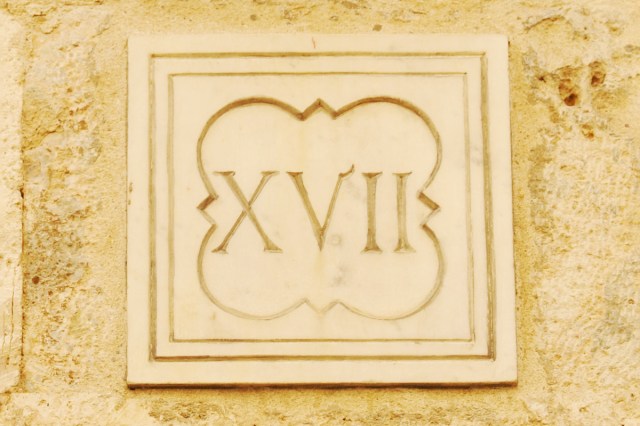
The Number 17
For Italians, the big number to avoid is 17. This superstition likely dates back to ancient Rome and, more specifically, Roman numerals. The Roman numeral XVII can be rearranged to spell “VIXI,” which is Latin for “I have lived.” The phrase implies that one is now dead, hence the connotation with bad luck and the fear of the number 17, known as heptadecaphobia.
As with the number 13 in other countries, some Italian buildings skip the 17th floor, while superstitious Italians avoid making important plans on the 17th day of the month. And Friday the 17th holds the same dread in Italy that Friday the 13th holds elsewhere in the Western world.
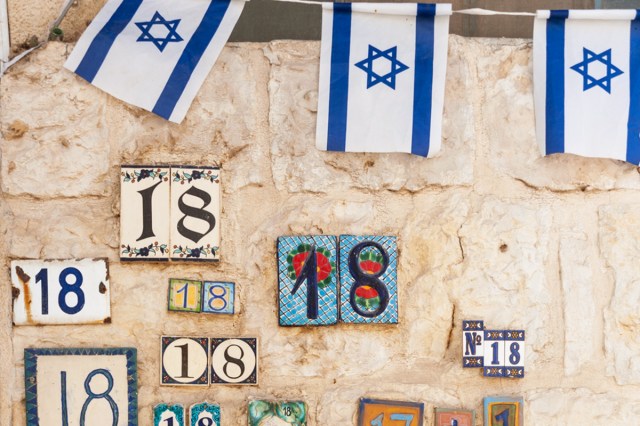
The Number 18
In Jewish tradition, 18 represents chai, the Hebrew word for “life,” making it one of the most auspicious numbers in Jewish culture. This significance comes from Hebrew gematria, in which letters have numerical values assigned to them, and the letters forming chai — chet (8) and yud (10) — total 18. Because of its status as a lucky number, amounts in multiples of 18 are often given as charitable donations and as gifts at weddings and bar mitzvahs.

